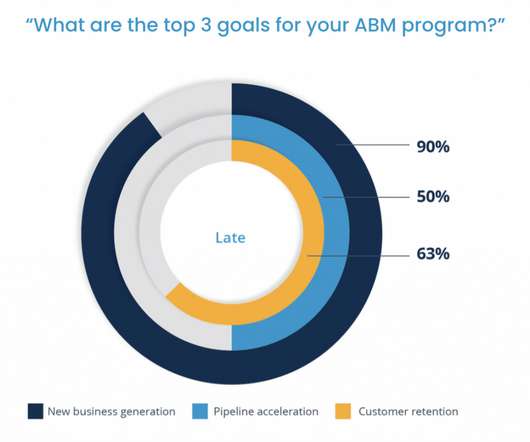I-Corps @ NIH – Pivoting the Curriculum
Steve Blank
JUNE 26, 2014
We’ve pivoted our Lean LaunchPad / I-Corps curriculum. We’re changing the order in which we teach the business model canvas and customer development to better-fit therapeutics, diagnostics and medical devices. The Lean LaunchPad is now being taught in over 100 universities. So why change something that worked so well?






















Let's personalize your content